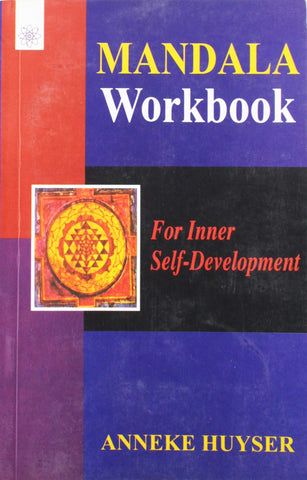Your cart is empty now.
The Madhyamika or Middle Way, a school of Buddhist thought that originated in India in the second or third century, was a decisive influence in the subsequent development of Mahayana Buddhism. In a new approach to its study, The Emptiness of Emptiness reconsiders the central doctrine of emptiness and shows that the Madhyamika critique of all philosophical views is both subtler and more radical than most Western interpretation indicates.
Building on earlier research into Sanskrit and Tibetan sources, the present work also examines the assumptions that have governed the study of Asian soteriological philosophy. In assessing the philosophical significance of the Madhyamika, the author demonstrates that the thrust toward a self-critical awareness of methodological presuppositions lies at the very heart of early Indian Madhyamika.
In this analysis, the self-deconstructing categories of Nagarjuna and his immediate followers emerge as an edifying philosophy that may have a great deal to offer to the discussion of the related problems of objectivity and relativism issues crucial to the current philosophical conversation in the West.
The volume also contains the first complete English translation of Candrakirti's Madhyamakavatara (The Entry into the Middle Way), with extensive exegetical and text-critical notes.
About the Author(s)
C.W. Huntington, Jr. received his Ph. D. from the University of Michigan and has taught philosophy in the Antioch University program in Buddhist Studies. His articles have appeared in Philosophy East and West, The Journal of Indian Philosophy, and The Encyclopedia of Indian Philosophies. Dr Huntington did research under a grant from the American Institute of Indian Studies.
This book contains a study and a translation of The Entry into the Middle Way, a philosophical and religious text composed in India sometime during the first half of the seventh century A.D. by a Buddhist monk named Candrakirti. It was a treatise of critical importance to the devel-opment of Buddhism in Tibet and, presumably, in its native India as well. As the title implies, Candrakirti's text is essentially an introduc-tory manual for those wishing to study and practice the soteriological philosophy known as the Madhyamika (middle way) or Sunyavada (doctrine of emptiness). But it would be best to acknowledge from the very start that this "primer" was never intended to serve the needs of an audience like the one to which it is now being presented in its English translation. The first part of the book is therefore aimed at discovering what meaning The Entry into the Middle Way might have for us. It is designed to be read both as a commentary on Candrakirti's treatise and as an introduction to early Indian Madhyamika.
Part 2 began years ago with Geshe Wangchen's intention to produce an unembellished translation of Candrakirti's Madhyamalcavalcira, as an introductory text for Madhyamika studies. Before long, however, it became evident that the treatise's extremely terse and cryptic style demanded some sort of annotation if our translation was to be useful to anyone not already familiar with early Indian Buddhist literature. Eventually even extensive annotation proved insufficient. In surveying modern publications dealing with the Madhyamika, we began to see that the maze of interpretations could be sorted into a few distinct themes which seemed to preserve, with only superficial variations, the vocabulary and attitudes critiqued by Nagarjuna and Candrakirti. The single exception to this pattern appears to be what I call the "linguistic interpretation." In the face of this mass of Western scholarship, the plan to present a bare translation of the text seemed more inadequate than ever, and yet it was obvious that references to even recent studies had to be used with care and accompanied by explicit qualifications. The Madhyamika critique of all views and beliefs is certainly much subtler and much more radical than most Western interpretation indicates. Some introductory remarks were required to explain the situation, and soon the "introduction" had swelled to its present size. The translation represents a joint effort on the part of Geshe Wangchen and myself, but I assume full responsibility for assessing the significance of Candrakirti's work in the context of modern Buddhist scholarship. Early Madhyamika explicitly claims to operate as a rejection, or deconstruction, of all attempts to create a value-free, objective view of truth or reality. From the very beginning this was the crux of the Madhyamika critique, and in fact it was only much later, in reaction to the writings of Bhavaviveka and his followers, that this total rejection of all fixed views and beliefs came to be specifically associated with the name Prasatigika. The Sanskrit word dr,sli, which I have translated "philosophical view," is actually a technical term used in a variety of contexts where it refers to the full range of opinion, belief, and intellectual conviction of any kind, and finally, to any form of reified thought, regardless of whether it is registered in a precisely articulated, rationalist methodology or in a largely unconscious tendency to think only according to certain innate patterns. Ultimately, the Madhyamika's rejection of all views is more the rejection of an attitude or way of thinking than the rejection of any particular concept. This element of Nagar juna's thought has been responsible for the greatest controversy among both ancient and modern commentators.
The Madhyamika sets itself in opposition to a philosophical tradition which was preoccupied with the search for more and more precise technical terminology and had neglected the practical application of philosophical theory, which had previously carried the teachings into the emotive and volitional life of the early Buddhist community. Entirely apart from the pseudo problem of "original Buddhism," Nagarjuna's critique can be understood as an attempt to reinstate what was clearly felt to be the earlier spirit of the buddha's teachings by prescribing a remedy to the complex of historical developments that had severed theory from practice. His concept of "dependent designation" recognizes that the meaning of words derives exclusively from their usage or application in everyday affairs. Accordingly, the significance of the words and concepts used within the Madhyamika system derives not from their supposed association with any objectively privileged vocabulary supporting a particular view of truth or reality, but from their special efficacy as instruments which may be applied in daily life to the sole purpose of eradicating the suffering caused by clinging, antipathy, and the delusion of reified thought. Thus, although Candrakirti has no fixed position to defend, it does not necessarily follow that his arguments are mere sophistry, for genuine meaning and significance is to be found in their purpose. The critical distinction here is between systematic philosophy, concerned with the presentation of a particular view or belief (drM), and edifying philosophy, engaged in strictly deconstructive activity (the Madhyamika prasarigaviikya). The central concepts of an edifying philosophy must ultimately be abandoned when they have served the purpose for which they were designed. Such concepts are not used to express a view but to achieve an effect: They are a means (upaya).
In the course of the following pages I have referred to the Madhya-mika as "stereological philosophy" or "philosophical propaganda." This has been done, first, in order to emphasize the all-important point that this philosophy cannot, even in theory, be dissociated from a concept of practical application; and second, so that it might be more clearly distinguished as a truly radical departure from the type of philosophical enterprise through which one endeavors to discover or define an objective, value-free view of truth or reality.
Finally, it must be stressed that while the work of modern deconstructionists provided the impetus for the linguistic interpretation of the Madhyamika I have developed, and even for some of the technical vocabulary I use to discuss Candrakirti's text, no one-to-one correspondence between two philosophical traditions separated by so much time and space does or can exist. I have used the ideas of Wittgenstein and other modern philosophers simply as hermeneutical tools to analyze the Madhyamika literature and to extrapolate from it in order to see what meaning it might have for us. And for us, meaning is necessarily embedded in the symbolic forms of our culture and our time. In response to the reader who condemns all such attempts to interpret a text on the ground that the text itself does not employ our linguistic and conceptual structures, I can only throw up my hands in despair of ever understanding any ancient way of thinking. At some point we simply must acknowledge that no translation and no text-critical methodology can be sacrosanct. Translation and all other forms of hermeneutical activity rest firmly on the preconscious forms of linguistic and cultural prejudices peculiar to our historical situation. The most vital challenge faced by scholars is certainly summed up in their responsibility to make their (and their readers') presuppositions entirely conscious and to con-vey through their work a sense of the wonder and uncertainty of coming to terms with the original text. The interpretive comments of part 1 are offered solely as a tool for approaching the Madhyamika as living philosophy. The translation will provide the reader with an opportunity to work as closely as possible to Candrakirti's writing.
Delivery and Shipping Policy
- INTERNATIONAL SHIPPING
- Rs.1000-1100/kg
- ESTD. Delivery Time: 2-3 weeks (depending on location)
- Bubble Wrapped with Extra Padding
- NATIONAL SHIPPING
- NCR: Rs. 30/half kg
- Standard: Rs. 80/half kg
- Express shipments also available on Request
- ESTD. Delivery Time: Ranging from 1-4 days up to 7 business days (Depending on your choice of Delivery)
- TRACKING
- All orders; national or international, will be provided with a Tracking ID to check the status of their respective orders
- Depending on the Shipping Service, Tracking ID may be used on their respective tracking portals
Frequently Asked Questions (FAQs)
Domestic Shipping: 3-4 Days (after shipping)
International Shipping: 1-2 weeks (based on your location)
You will receive an email once your order has been shipped or you can email us if you didn't receive tracking details (info@mlbd.co.in)
Every book that we sell is the latest edition except all the rare books
Yes, we do provide free shipping, only on domestic orders (within India) above Rs.1500















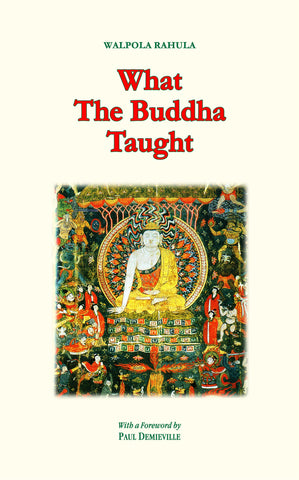
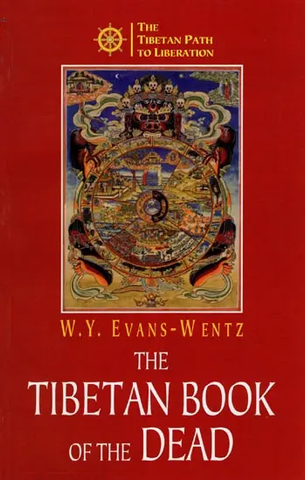
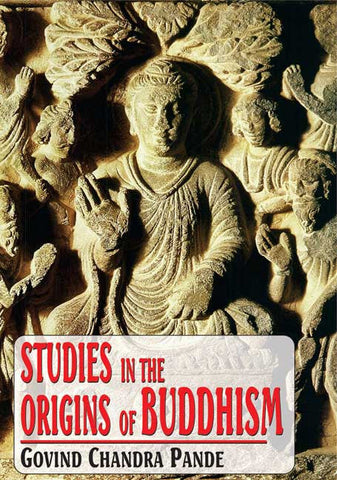
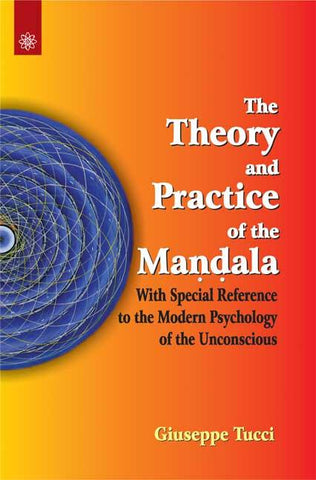
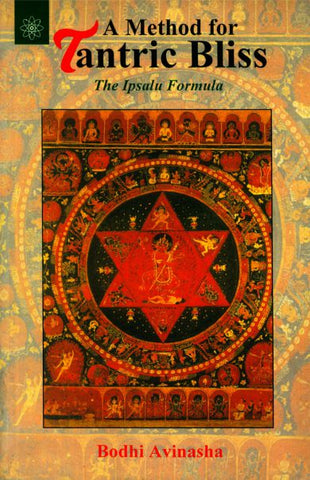
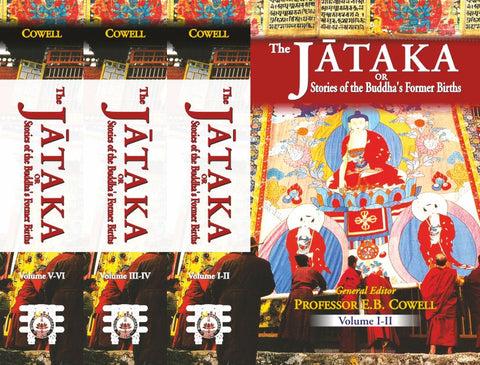
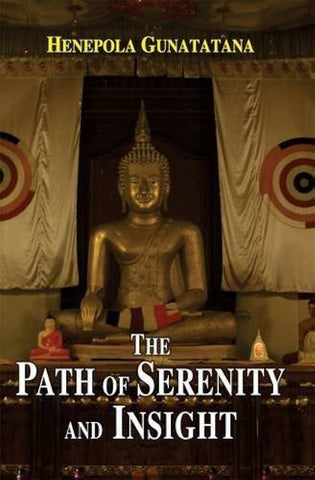
![The Rishukyo [Buddhica Britannica Vol.3]: The Sino-Japanese Tantric Prajnaparamita in 150 Verses (Amoghavajra's Version)](http://www.motilalbanarsidass.com/cdn/shop/products/RISHUKYO_large.jpg?v=1675417651)
